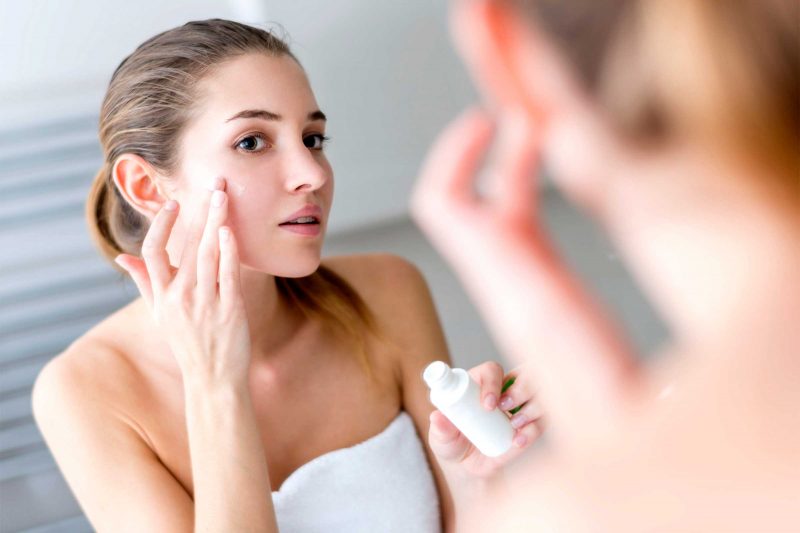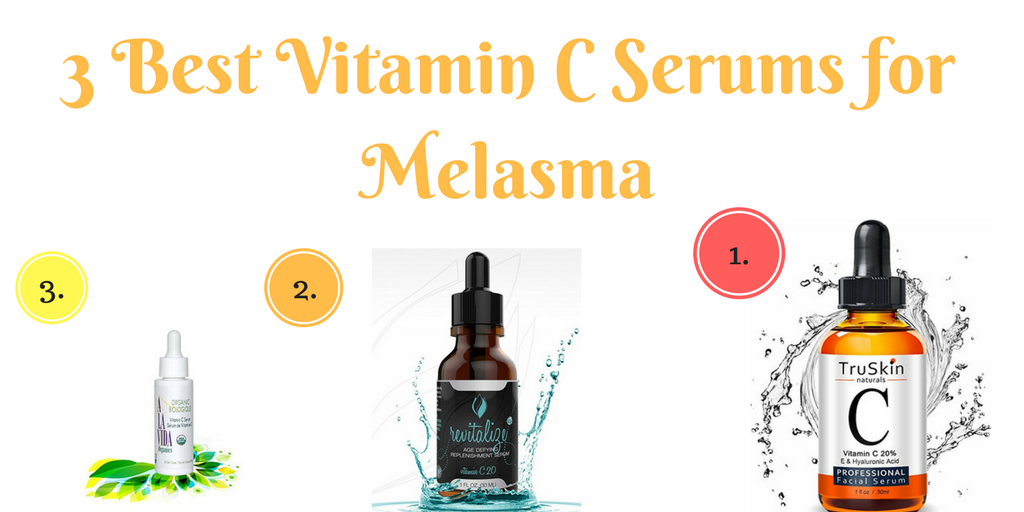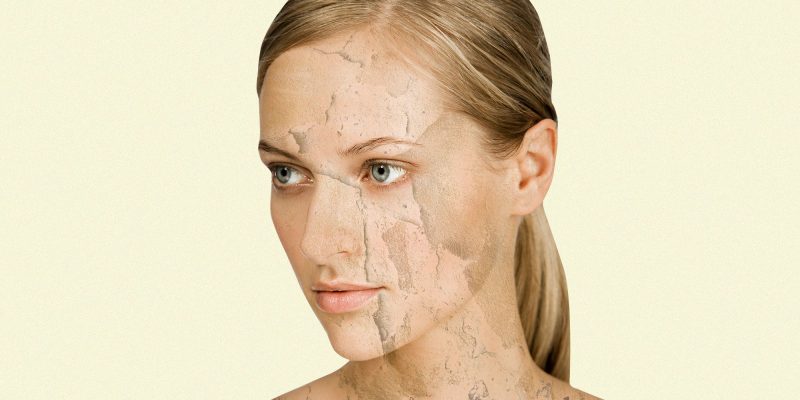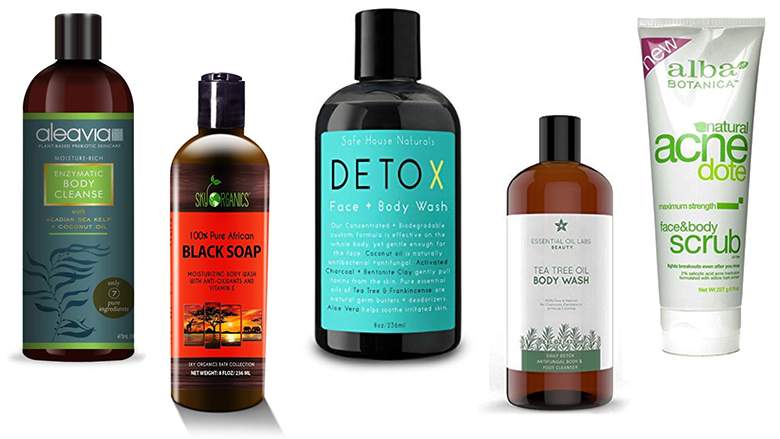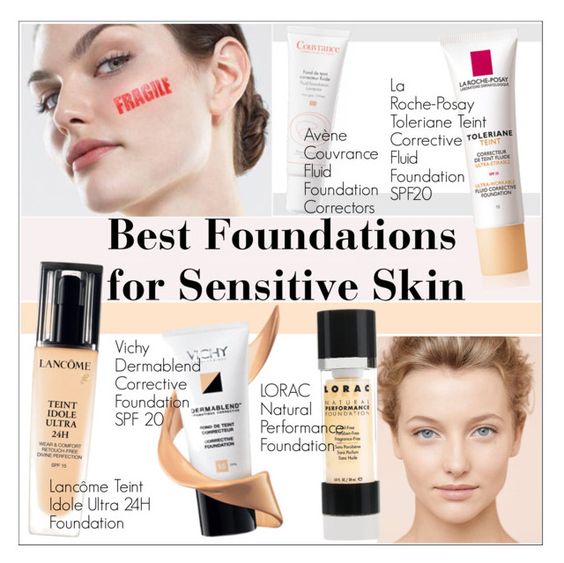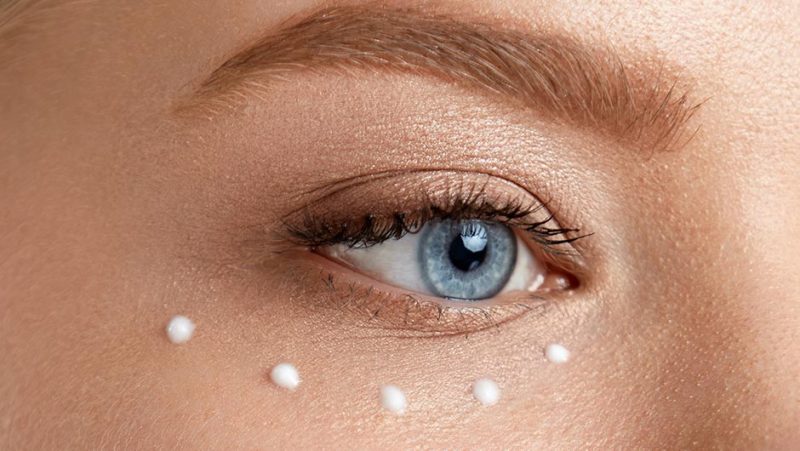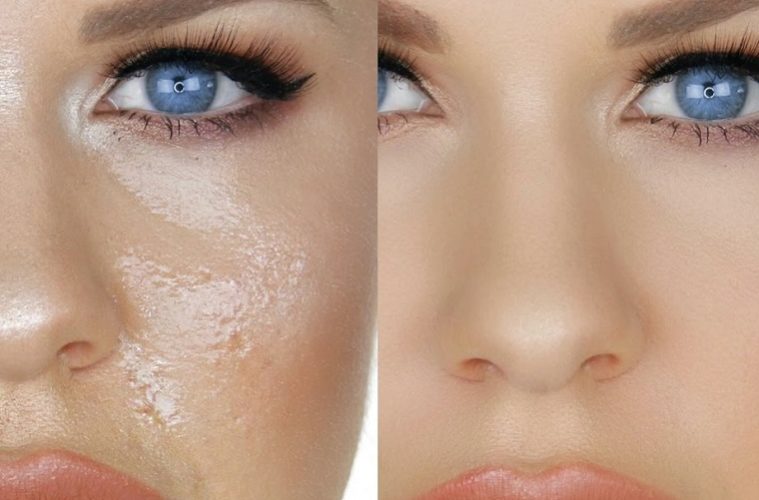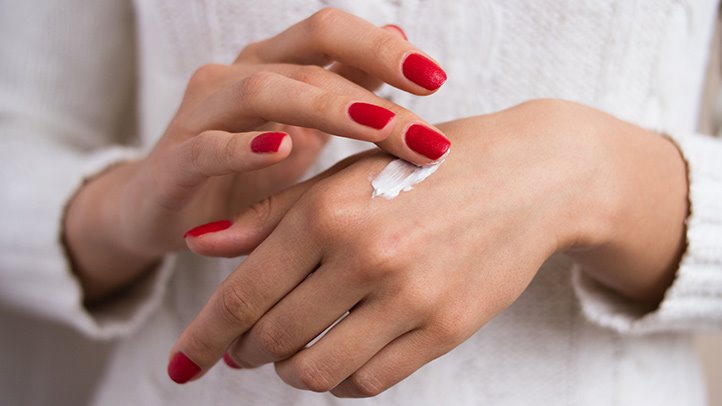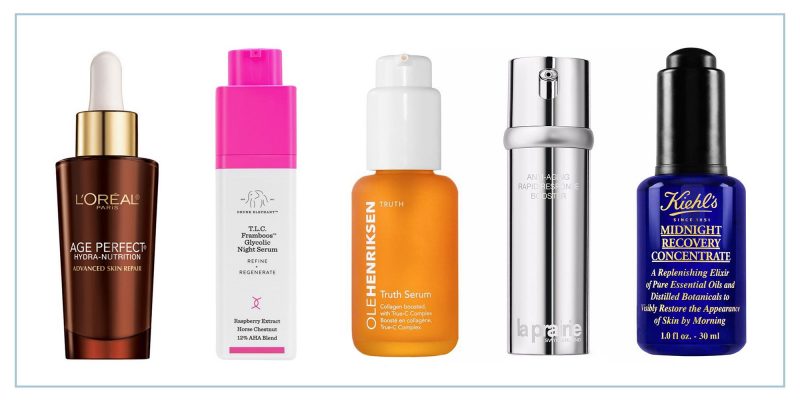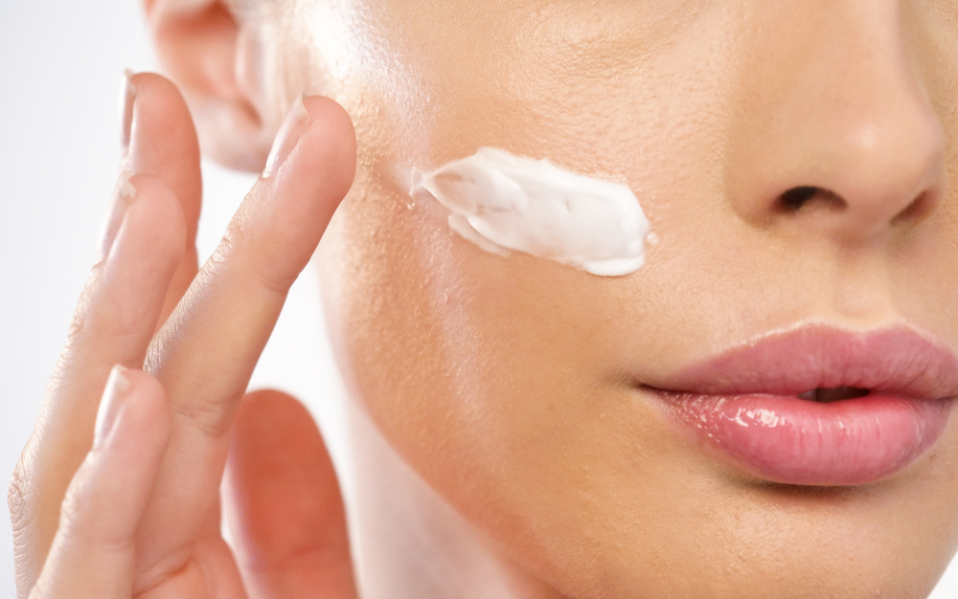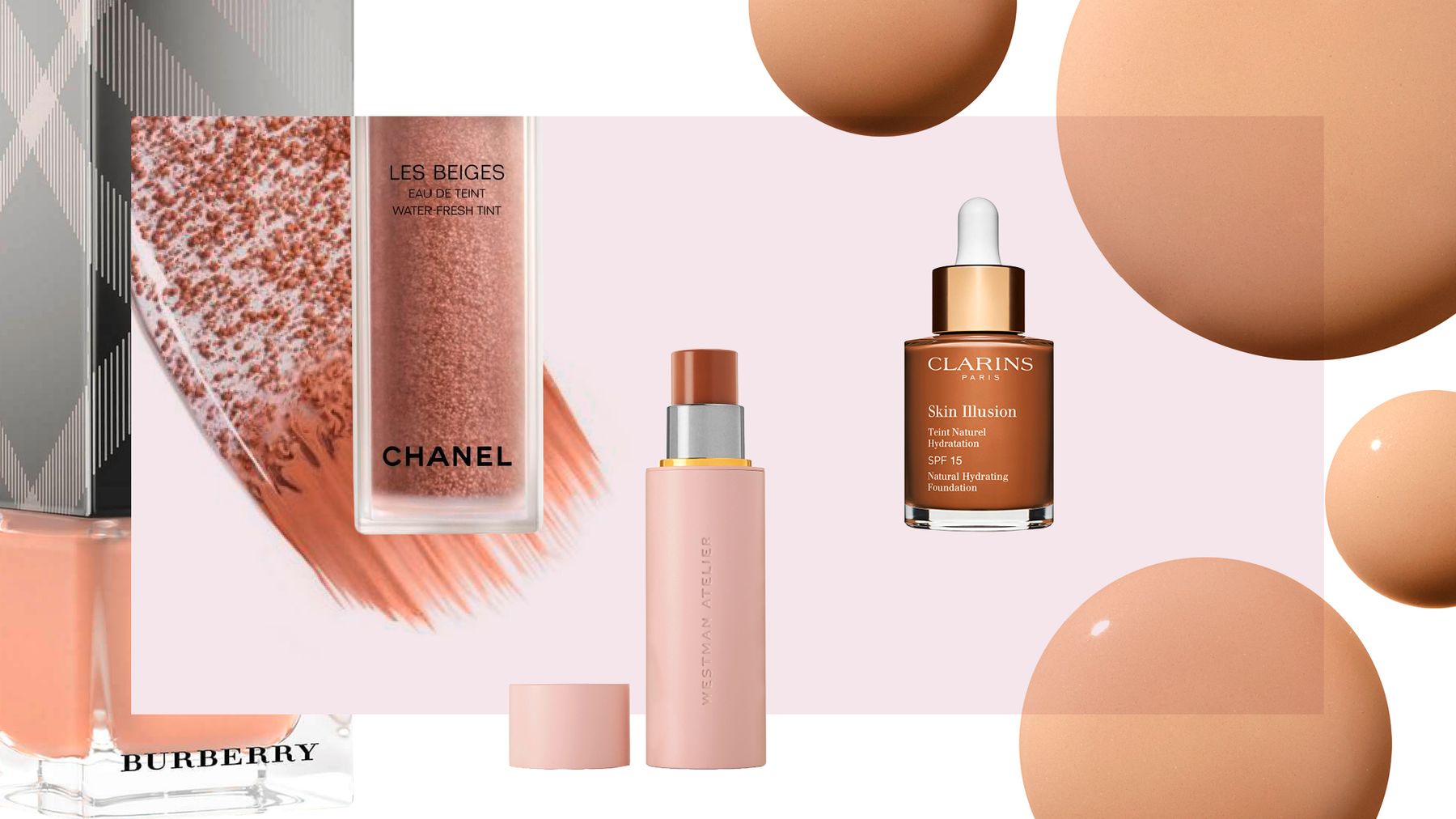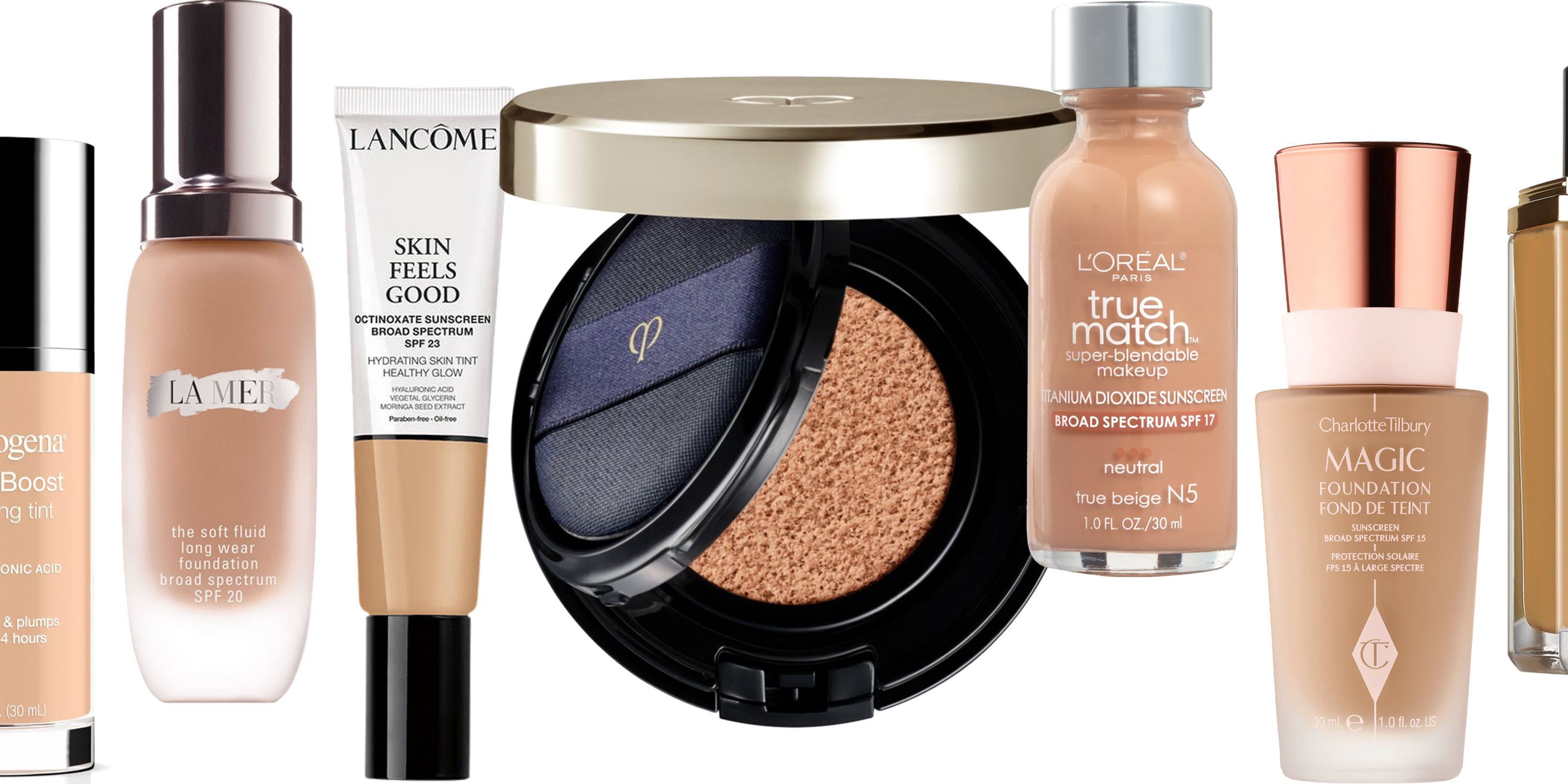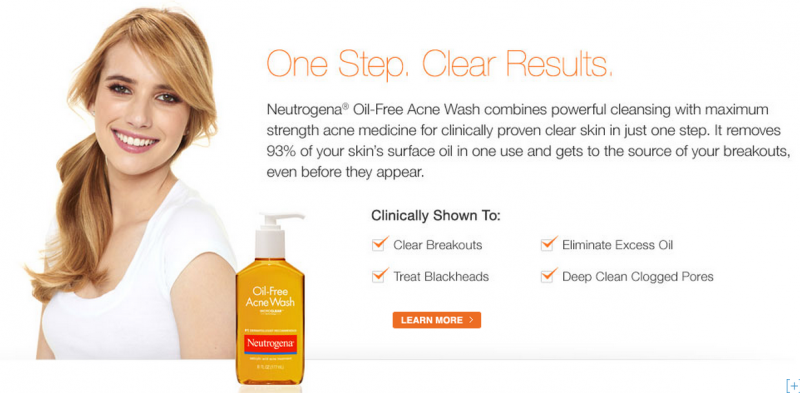How To Take Care of Different Skin Types
Have you ever wondered what your skin type is? Some people do not know their skin types and will buy any skincare products off the shelf as long as the ingredients appear appealing. Buying a product without knowing your skin type is a recipe for trouble, as it can cause irreparable damages to your skin.
You must plan your makeup and skincare product application based on your skin type to avoid breakouts, among other issues. If you do not know what your skin type is, start by carrying out the following simple test to find out.
After removing your makeup, wash your face to rid it of build-up, dirt, or oil
Pat-dry the face and give it a rest for about one hour for it to attain its natural state
Take a rice paper or lens cleaning cloth and press it on the face
Check the status of the paper after a few minutes
If the paper has a see-through appearance, your skin has oil
If the paper has tiny flakes of skin, it means you have a dry skin
If only some parts of the face such as the forehead, cheeks, chin, and nose show signs of oil presence while the other parts are dry, you have combination skin
If the paper remains the same, you have normal skin
Sensitive skin may not show any signs on the rice paper, but if your face reacts to skincare products by breaking out or developing rashes, then your skin type is sensitive
If you have wrinkles, fine lines, and sagging skin or age spots on your skin, then you have the aging signs
Tips to take care of different skin types
Every person wishes to have normal skin type. Unfortunately, we all can have what we want. Normal skin type portrays a uniformly smooth texture with skin imperfections that you cannot see with the naked eye. While some people may assume that having normal skin does not require any regimens, the opposite is the truth.
If you have normal skin type, you should ensure that you cleanse it at least once every day to remove makeup and wash off dirt and impurities. Apply a moisturizer in the morning and evening to keep the skin hydrated. It is also okay to use an exfoliator on your normal skin at least once a week.
Always wear a sunscreen to protect the skin from UV damage. People with normal skin types have no problem in choosing the right products for their skin type, as they are plenty. Using the proper regimen for your normal skin slows the aging signs and gives you a radiant look always. Here is a look at how to take care of the problem skin issues
Acne
Acne affects people of all ages, and it is a recurring problem, especially in young adults and adolescents. Several factors trigger acne, with the main one being excess oil production. Having oily skin does not mean that they automatically develop acne, but greasy skin can lead to breakouts. Clogging of the pores prevents oil from escaping leading to oily skin and acne or breakouts.
Diet and lifestyle are also other causes of acne development on the skin. Processed foods increase androgen secretion, which stimulates the sebaceous glands causing excess oil and acne development. The same products also dehydrate the skin leaving it prone to acne.
Other causes of acne are stress, hormonal changes, sunburns, and using the wrong skincare products. The best ingredients to use for acne-prone skincare products are niacinamide, retinol, salicylic acid, mendelic acid, and glycolic acid. Other essential ingredients include zinc, Centella Asiatica, benzoyl peroxide, grapefruit extracts, kaolin clay, and argan oil, among others.
Anti-aging
As the skin ages, it loses its elasticity leading to the formation of aging signs such as wrinkles, dryness, fine lines, age spots, thinning, and sagging. It also leads to crepey skin and dark spots, among others. Besides the aging process, sun tanning is also another major contributor to the signs. Some of the best ways to take care of the aging skin include wearing protective clothing such as a wide brim hat to keep the sun away and wearing a sunscreen with an SPF 15 or higher.
Avoid sun tanning, limit the time you stay outdoors, especially during sunny and hot seasons, and use the right products with skin firming and moisturizing properties. Some of the best ingredients that help to reverse the aging signs are retinol, ceramides, collagen, glycolic acid, lactic acid, hyaluronic acid, jojoba oil, niacinamide, and vitamin C, among others.
Combination
Combination skin is mixture of oily and dry skin. You can identify if you have combination skin if your t-zones are oily while the cheeks and other parts of the face appear dull. If you have breakouts on some particular parts of the face such as the nose, chin, and forehead while the other parts are clear, then you may have combination skin. If your cheeks feel sensitive while the other parts feel normal, then you may have combination skin.
Like many other skin concerns, genetics may contribute to combination skin. Other causes are from using harsh skincare products that contribute to the overproduction of sebum in the t-zone. Climate changes may also lead to combination skin. During summer, the skin may become oily and feel dry during the winter period. Take care of your combination skin by using a moisturizer at least once or twice daily to unclog the pores in your t-zone area.
Do not exfoliate the skin daily as it heightened the loss of necessary skin oils. Do not scrub the t-zone vigorously when you exfoliate to avoid damages. Always wear n oil-free sunscreen before leaving the house to protect the skin from UV damage.
It is advisable to maintain two routines to maintain balance. The best ingredients for combination skin are vitamin c, and e, hyaluronic acid, peptides, glycolic acid, witch hazel, jojoba oil, shea butter, niacinamide, retinol, AHAs, and BHAs.
Dry
When your skin lacks moisture, it appears rough and flaky, which are the signs of dry skin. Other symptoms that you have dry skin include skin tightness, and uneven texture, and itching. Dry skin may appear due to genetics and dry climates, especially during winter, when the humidity is low. Taking long showers may also rid the skin of its natural oils, which leads to dry skin.
Sebum production reduces with age, which may result, to having flaky and dry skin. You can take care of dry skin by moisturizing it regularly to keep it hydrated and soft. Spend less time in the shower to help retain the necessary skin’s oils. After washing your skin, pat dry. Drinking lots of water also helps to keep your skin hydrated.
Do not go out without wearing sunscreen because the UV rays can dehydrate your skin, leaving it dry. The best products to use for dry skin include a humidifier that helps to retain the natural moisture in the skin. The best ingredients for dry skin are hyaluronic acid, ceramides, shea butter, petrolatum, dimethicone, glycolic acid, marula oil, and urea.
Oily
If your skin is prone to breakouts, has a greasy appearance with open and big pores, then your skin type is oily. Oily skin comes about due to hormonal imbalances, especially during pregnancy or puberty. Climate and weather changes could also cause your skin to become oily, especially if where you live is humid or hot.
Another cause of oily skin is genetics. If you have members of your immediate family with oily skin, chances are you may have it too. If you have large pores on the skin, you will develop a greasy appearance as they produce more sebum than normal. Using harsh products such as cleansers and exfoliators may also contribute to oily skin. Too much skin exfoliation stimulates sebum production, which in turn leads to a greasy appearance.
You can take care of oily skin by moisturizing regularly to keep the skin hydrated and from producing too much sebum. Drinking a lot of water also helps to stay hydrated and reduce the production of excess oil. Unclog the pores by washing off the dirt from your skin two times a day.
Do not over-wash the face as this may remove the natural oils from the skin. Buy products with salicylic acid, tea tree oil, hyaluronic acid, glycolic acid, and benzoyl peroxide. The ingredients help to promote the skin’s cell turnover and kill bacteria to give your skin radiance and good health without the shine.
Eczema
Eczema is a skin problem that comes with several annoying symptoms. Besides frequent itching, eczema also leads to dry skin, skin redness, and irritation. The most popular eczema treatment is prescription medications but you can buy over the counter skincare products that help to eliminate or ease the problems. You can also opt for various home remedies to clear the eczema signs.
Some of the most vital ingredients to look for when buying an eczema product include colloidal oatmeal, evening primrose oil, coconut oil, sunflower oil, witch hazel, shea butter, calendula cream, aloe vera gel, tea tree oil, and honey, among other natural ingredients.
Other ingredients include niacinamide, glycerin, hyaluronic acid, and lanolin. You should avoid products with retinol, glycolic acid, and salicylic acid as they dry the skin leading to ore irritation. Also, avoid products with preservatives and fragrances.
Sensitive
Sensitive skin reacts easily to certain skincare products, and it exhibits an uneven texture. Some people with sensitive skin also experience itchiness and tightness, especially when wearing tight clothes. Sensitive skin also experiences flushes from eating some diets, especially those with spices.
After a hot shower or bath, sensitive skin may turn red. During the winter, the skin feels dry while it feels oily in the summers. The best care you can give your sensitive skin is by using cleansers and moisturizers with natural ingredients. Chemical-free products do not irritate the skin and, as such, avoid sulfate products, products that contain alcohol, phthalates, parabens, and synthetic fragrances, among others.
The ingredients you use o sensitive skin should soothe, hydrate, and feed it with nutrients. Some of the best ingredients to look out for when buying skincare products for sensitive skin are aloe vera, calendula extract, chamomile extract, witch hazel, marshmallow extract, shea butter, squalane, and beeswax among others. Always wear sunscreen before leaving the house to prevent your skin from the harmful UV rays.
Wrapping it up
Taking care of the skin is easy if you use products with the right ingredients for the appropriate skin type. Many of the skincare products are available over the counter and do not need a physician’s prescription. All you need to remember is that one product does not fit all the skin types, and using the wrong ingredients can cause more harm than good.

